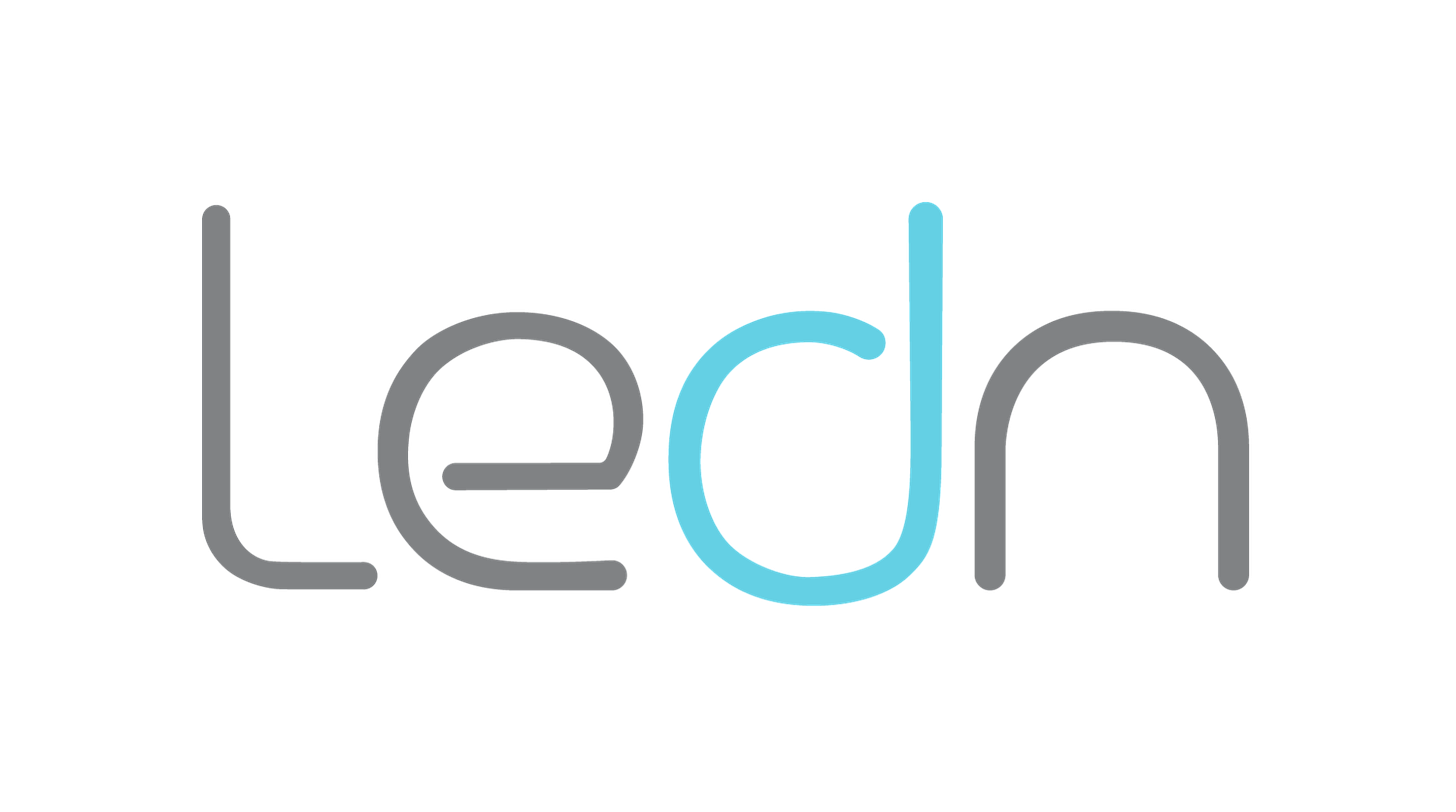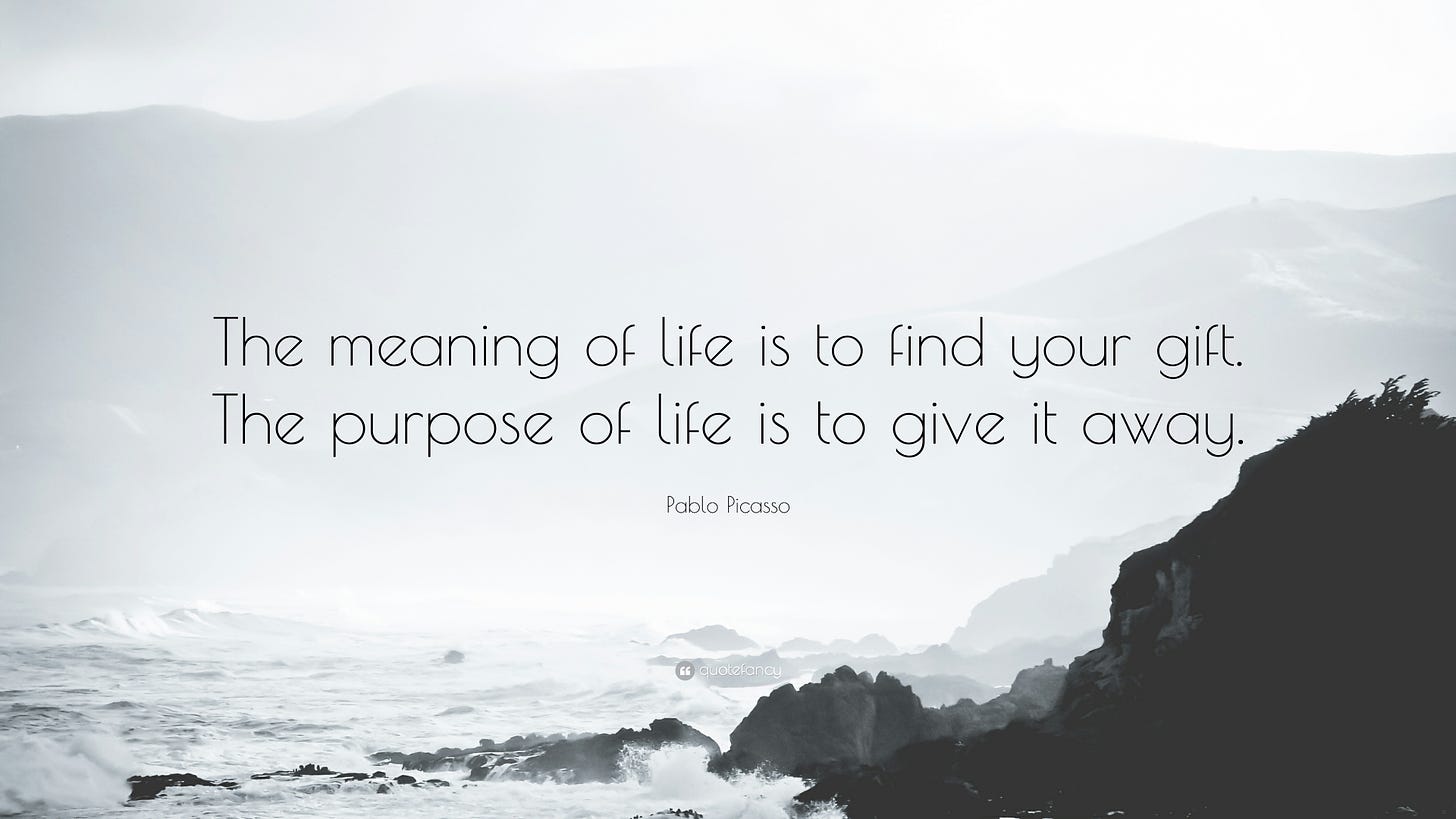Asking yourself “What is Money?” is the 1st step into a philosophical rabbit-hole that could prove to be the most fascinating intellectual journey of your life…

What is Money?
“The public’s understanding of what money is and its origins has devolved to the point where the government monetary authorities can now inflate with impunity, with the ultimate result to be the destruction of the division of labor undoing all of mankind’s progress to date.”—Carl Menger
The question “What is Money?” is deceivingly simple. One would expect the answer to be abundantly clear given its prevalence in daily life, but upon further reflection, most find money to be mysterious. Money is an all-pervasive economic ether, an interpenetrating field influencing human perception, thought, and action. Yet despite the “everywhere and nowhere” nature of money, its deepest truths remain hidden in plain sight. Money is to man as water is to fish:
“There are these two young fish swimming along and they happen to meet an older fish swimming the other way, who nods at them and says ‘Morning, boys. How’s the water?’ And the two young fish swim on for a bit, and then eventually one of them looks over at the other and goes ‘What the hell is water?’”
This is one way to conceptualize the answer: money is “economic water”—a fundamental market reality that, perhaps because of its pervasiveness, is difficult to describe and understand in detail. To a fish, water is the substance which mediates the exchange necessary for all its biological activities: its eyes require light radiating through water to see, its gills need water-dissolved oxygen to breathe, and its fins must be immersed in fluid to facilitate forward movement. In the eye of a fish, water is the “medium of exchange” rendering the informational, energetic, and kinetic services sea-dwellers want. Similarly, money renders several services to market actors: it conveys market actor preferences (informational), it is the means by which market actors trade to satisfy wants (energetic), and by facilitating value exchange, it enables free enterprise to function (kinetic).
*Ledn has recently launched a Bitcoin-based home mortgage product. Now you can buy your dream home without selling your Bitcoin!

Sign up with Ledn to get started today: https://mortgage.ledn.io/
Allusion to the aqueous nature of money suggests there may be more answers beneath the surface: after all, water can be anything from commonplace and life-sustaining to uncontrollable and destructive depending on one’s circumstances. By continuously posing the question “What is Money?”—not too unlike a toddler incessantly asking “Why?”—aim is taken on the deeper truths underlying this ubiquitous substance of human affairs. As more answers are uncovered, new questions come into focus, and distance from truth declines. By clarifying different answers to this seemingly innocuous question and synthesizing the perspectives gleaned, a clearer comprehension of other etheric realities like exchange, markets, and spacetime emerges.
So let us earnestly ask the question “What is Money?” and spelunk the depths of this interrogatory wellspring for fresh perspectives of both economic and philosophic flavors. From the great school of Austrian Economics —which has explored this question more seriously than any other scientific field—we find one answer: money is a universal medium of exchange.
A Universal Medium of Exchange
“Money is the universally used medium of exchange, nothing else.”—Mises
Economics is a subset of Misesian praxeology: the science of human action. The inviolable first principle of human action is: man must act. All action is directed toward the purposeful alleviation of anxiety, what Austrian economists call “the reduction of felt uneasiness.” Action is directed at the solving of (perceived) problems, or what praxeologists call “the satisfaction of wants.” Though small problems can generally be resolved by individuals acting alone, bigger problems require more human energy to resolve, for “many hands make light work.” This natural demand for assistance with problem-solving from others arises from the simple problem all humans face: individual limitation. The knowledge, experience, and judgement of each human is limited by the span of his or her life, talents, and training. Through social cooperation, humans achieve the division of labor—the most effective means of mitigating the constrictions imposed by individual limitations. Working in harmony, humankind economizes efforts to become greater than the sum of its constituents.

* Just announced, I am giving away 10M sats (~$4K) to one lucky person who buys a conference ticket using one of the links below. Join me at the biggest event of the year, Bitcoin 2022. See below for 10% discount on tickets*
“Bitcoin 2022 Conference is the biggest gathering of the Bitcoin ecosystem in the world. Join me and the movers and shakers shaping the Bitcoin future next April 6-9th in Miami Florida for Bitcoin 2022 Conference.”

Paying with Fiat? 10% Affiliate link: http://tixr.com/pr/robertbreedlove/26217
Paying with Bitcoin? Use promo code: BREEDLOVE.
Humans overcome the problems of inexorable individual limitation by engaging in the act of exchange. No matter which problems any human wants to solve, with the help of other humans more problems can be solved in less time. Free trade allows each of us to specialize more narrowly in production so that we all may enjoy a broader diversity of labor’s many fruits. The simple truth is: humans are more productive in cooperation than in isolation. Exchange is the connective tissue of humanity and, more fundamentally, nature itself. To this end, money is an indispensable tool: a universal medium of exchange. The functionality of free markets is only possible with money.
Since all individuals prefer wealth over poverty, free markets are a critical element of human affairs. As the source of virtually all want-satisfaction, the free market represents a vast, interconnected constellation of human productive energies and ingenuities. Money lays claim to everything market actors can muster, including time, knowledge, and commodities. Which takes us to another answer to the “What is Money?” question: money is…
In Part 2, we will explore money as the most marketable good…
https://substack.com/@breedlove22



